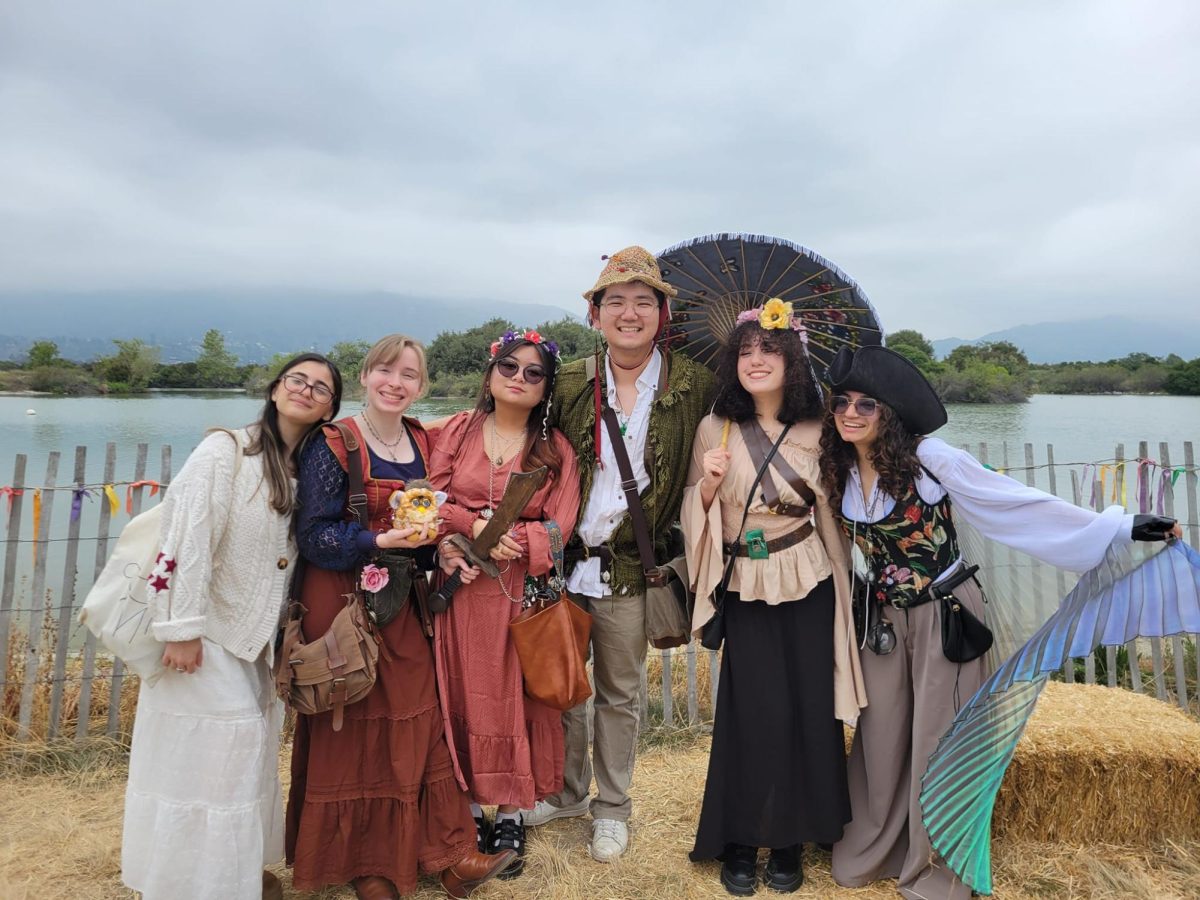By Anton Belosludtsev
Recently, I was given the opportunity to play RuneScape (more specifically Old School) as a member. The game had existed for over 16 years and still has a community over 90,000 strong. It seems that they found the Recipe for Success rather than the Recipe for Disaster.
This got me wondering… why is RuneScape so successful, even today? One possible explanation comes from the gameplay. The ultra-simplistic combat styles where a hypothetical “die” is rolled and modified to give a result has been the primary style of gameplay since the creation of the game, and is a reason why so many still play.
Not only this, but the developers, Jagex, have not given up on their “little” project. Since they added Evolution of Combat (EOC), the community backlash made the developers far more community-driven. This led to the creation of Old School, which is a separate branch of RuneScape which was designed to reflect the golden age of 2007. Even though Old School has graphics reminiscent of 2003, it still has a population base around 40,000. This number is a testament to the efforts of Jagex and the community.
Keeping games alive also requires a thick “meta” game. Most games have a quick, adrenaline filled rush of enjoyment. This leads to a forgetful moment. Perhaps it will be remembered in the short term, but he long term gameplay is where the survivors lie. MMOs, RuneScape in particular, has a well-established goal system. For example, if a player wishes to have a skill reach 99 (the base cap), they would have to invest a huge amount of time. As far as numbers go, the fastest possible time is 26 hours, where a software would do the actions of a human in fractions of a section. It may not seem like much, but considering I have spent a good 7 years of my childhood, and haven’t even achieved *half* of the required experience to 99 for a skill, I have a long way to go. However, this is because I was foolish and didn’t know what I was doing. Adding onto this goal system, RuneScape has players under a subconscious desire to continue playing. Designs like this have many other MMOs thriving even today.
Story continues below advertisement
These lessons could be learned by other games. Some, like World of Warcraft still have a large population of players due to these characteristics. Others often die soon after release, like the Call of Duty games because of their repetitive content. For now though, the games of the past are still as enjoyable as they were in their glory days.













